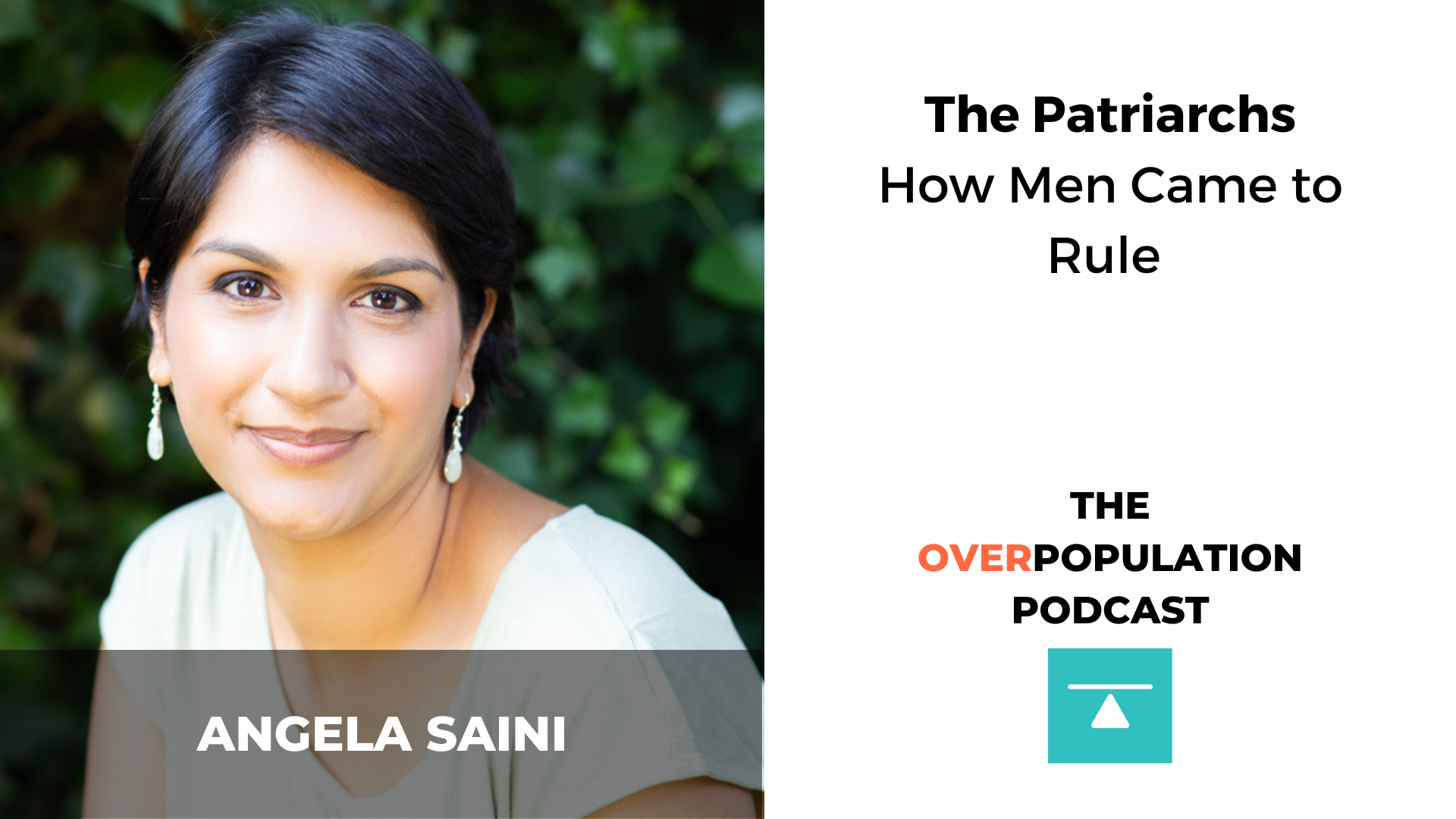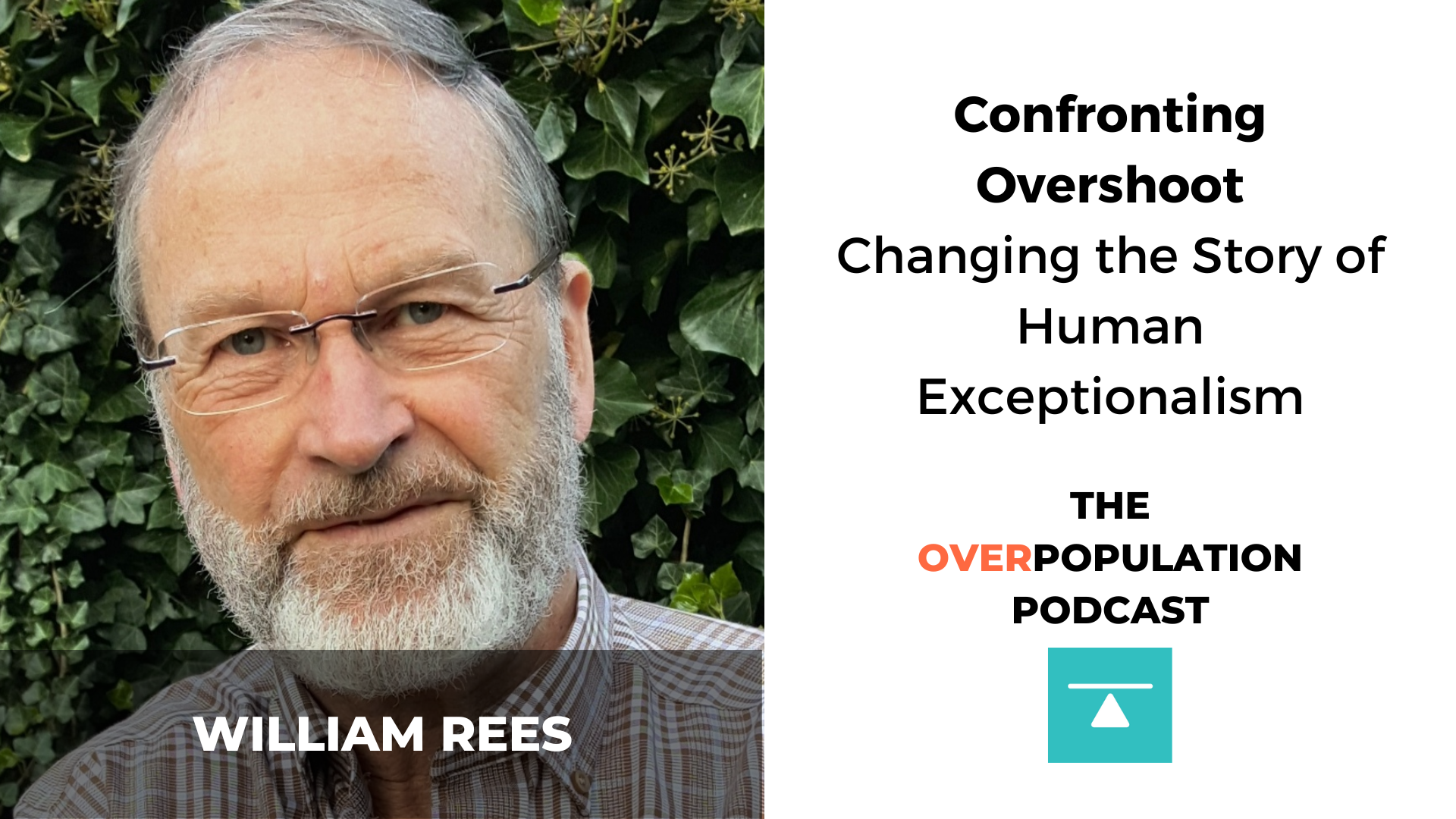
OUR PODCAST
Listen on your favorite app
The Overpopulation Podcast
The Overpopulation Podcast (here’s why we use the term “overpopulation”) features enlightening conversations between executive director Nandita Bajaj, researcher Alan Ware, and expert guests to discuss the often misunderstood impacts of our expanding human footprint on human rights, animal protection, and ecological preservation, as well as individual and collective solutions. We are proud to be the first and only nonprofit organization globally that draws the connections between pronatalism, human supremacy, social inequalities, and ecological overshoot. Ranking in the top 1.5% of all podcasts globally, we draw over 20,000 listeners from across 80 countries.
Read our Listener Feedback. | Support this podcast. | Subscribe to our newsletter.
New to our podcast?
There are over 60 episodes of The Overpopulation Podcast. If you are new to the podcast and are looking for a good place to start, we recommend you listen to these episodes first.
Latest Episodes

Accounting for Nature: The Economics of Biodiversity
Sir Partha Dasgupta takes us on a journey on how the current growth-based economic models came to be, and why their Nature-destructive policies have turned our planet into a house of cards. We unpack his most recent publication UK government-commissioned publication, The Economics of Biodiversity.

Sex, Religion, Politics and Overpopulation
In part two of our conversation with Chris Tucker, author of A Planet of 3 Billion, we continue exploring how to make the “uncomfortable” conversation more comfortable. He explains that we must absolutely figure out how to run a prosperous global economy under continuous population decline.

How Many of Us Can Earth Support?
We’re asking the Earth to support 80 million more humans every year, yet too few us ask, “What is a sustainable human population?” We talk to Chris Tucker, who wrote a book about it: A Planet of 3 Billion: Mapping Humanity’s Long History of Ecological Destruction and Finding Our Way to a Resilient Future.










